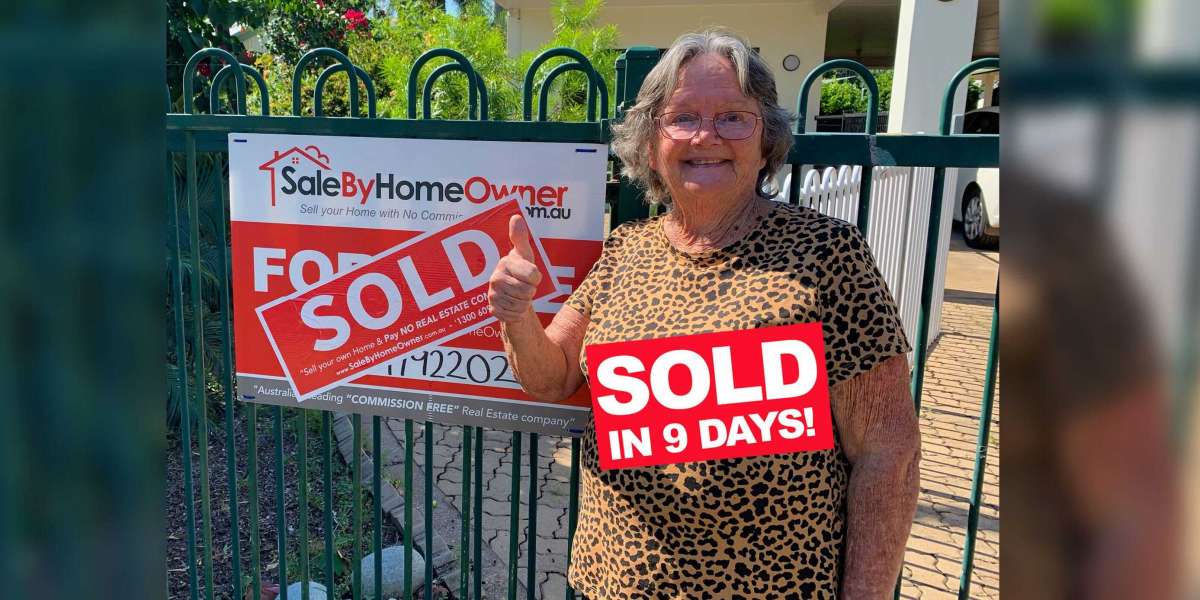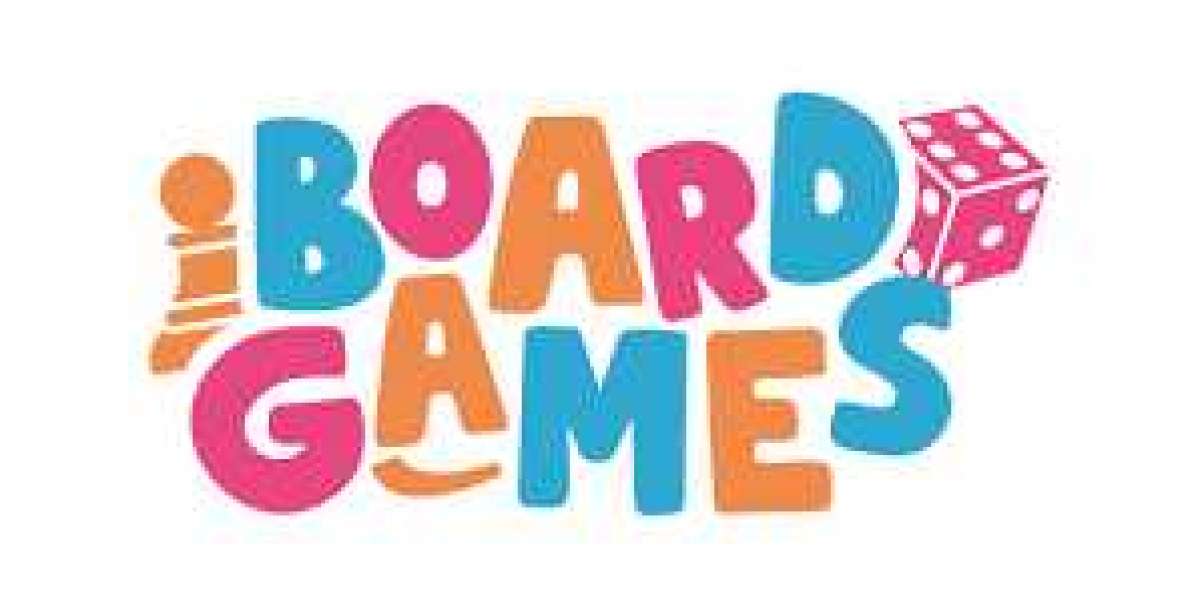Selling a house is more than just listing it on the market and finding a buyer—it involves meeting legal requirements to ensure a smooth, lawful transaction. For homeowners asking, “What documents do I need to sell my house Wagga Wagga?”, this guide provides a detailed overview. At Sale by Home Owner Australia, we are here to make the process straightforward and stress-free by helping you manage the essential paperwork.
1. Contract of Sale
The Contract of Sale is a vital legal document that outlines the terms and conditions of the property sale.
- What It Includes: The contract specifies details like the sale price, deposit amount, settlement date, and any special terms agreed upon by both parties.
- Who Prepares It: In most cases, a solicitor or conveyancer drafts the document to ensure it meets legal requirements in New South Wales.
- Why It’s Important: This document legally binds the buyer and seller once signed. Without it, the sale cannot proceed.
Sale by Home Owner Australia can guide you in connecting with qualified professionals to prepare this essential document.
2. Title Deeds
The Title Deeds are proof that you are the rightful owner of the property you are selling.
- Where to Get Them: If you don’t have the original deeds, you can request a copy from the New South Wales Land Registry Services.
- What They Show: Title deeds detail property ownership, boundaries, and any encumbrances, such as mortgages or easements.
- Why Buyers Need Them: These documents assure the buyer that you have the legal right to sell the property and that it’s free from unexpected issues.
3. Zoning Certificate (Section 10.7 Certificate)
A Zoning Certificate provides crucial information about how the property and land can legally be used.
- What It Covers: This certificate specifies zoning regulations, permissible uses, and any planning controls affecting the property.
- How to Obtain It: You can request this certificate from the Wagga Wagga City Council.
- Why It’s Important: Buyers use this document to verify that the property aligns with their intended use, whether for residential or commercial purposes.
4. Building and Pest Inspection Reports
Although not legally mandatory, Building and Pest Inspection Reports are valuable in attracting buyers and streamlining the sale process.
- Why Provide Them: Offering these reports upfront demonstrates transparency and reduces potential delays caused by buyer-initiated inspections.
- What They Detail: These reports identify any structural defects, maintenance issues, or pest infestations.
- Who Prepares Them: A licensed building inspector or pest control specialist can conduct these evaluations.
5. Energy Efficiency Certificate
If applicable, you may need to provide an Energy Efficiency Certificate.
- What It Reflects: This document indicates the property’s energy rating, showcasing its sustainability and efficiency features.
- Why It’s Useful: Buyers increasingly value energy-efficient homes, and having this certificate can be a strong selling point.
6. Vendor Disclosure Statement
In New South Wales, sellers are required to provide a Vendor Disclosure Statement.
- What It Includes: This document outlines any known defects, zoning restrictions, or disputes related to the property.
- Why It’s Required: Full disclosure protects both the seller and buyer, ensuring transparency and reducing the risk of legal disputes.
7. Mortgage Discharge Documents
If your property is under a mortgage, you’ll need to provide Mortgage Discharge Documents to complete the sale.
- How to Obtain Them: Contact your lender to initiate the discharge process and obtain the necessary paperwork.
- What It Confirms: These documents show that the property will be free of any debt or liens upon sale.
- Why It’s Essential: Buyers want assurance that no financial encumbrances will transfer with the property.
8. Proof of Identity
As part of the settlement process, you’ll need to provide proof of identity.
- What to Provide: This includes a valid passport or driver’s license, along with other supporting documents if requested.
- Why It’s Necessary: Verifying your identity ensures that the transaction is legitimate and helps prevent fraud.
9. Settlement Statement
The Settlement Statement is a financial document that finalizes the sale.
- What It Includes: This statement outlines the sale price, any adjustments for rates or utilities, and the net amount you’ll receive after deductions.
- Who Prepares It: Typically, your solicitor or conveyancer will create this document.
10. Tax Records and Receipts
Keep your tax records in order to comply with financial and legal obligations.
- What’s Needed: Provide documentation for capital gains tax, if applicable, and receipts for property-related expenses.
- Why It Matters: Accurate records help you meet tax requirements and avoid penalties.















